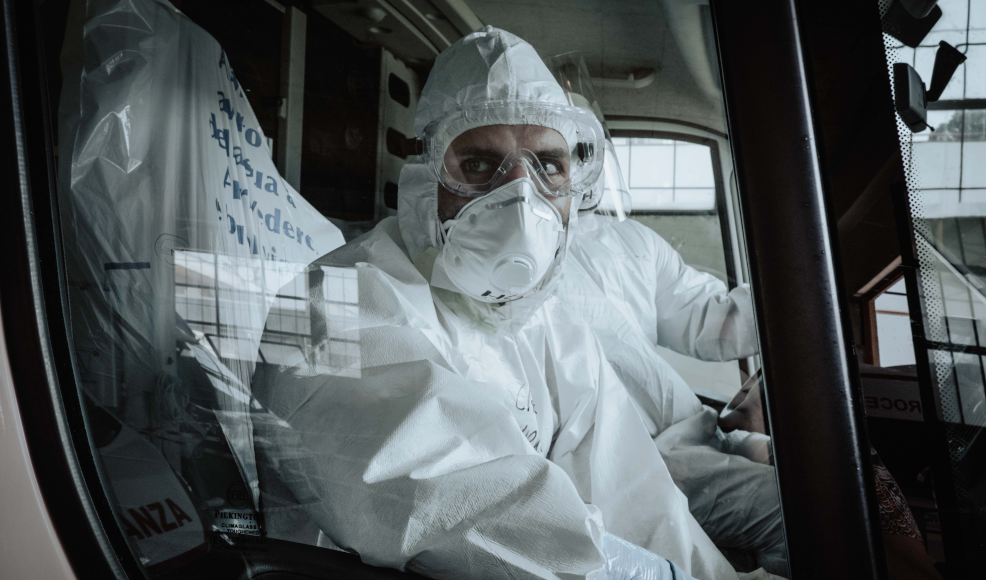A new study published in the journal Nature has shed light on why some people seem to be immune to the coronavirus despite being at high risk of infection. While over 258 million people have been infected with SARS-CoV-2, the virus that causes COVID-19, some healthcare workers have managed to avoid infection despite working in hospitals with high rates of transmission. Researchers from the University College London (UCL) have found that these individuals have higher levels of T-cells, which are able to recognize and fight off the virus before it can cause harm. The study also found that these individuals had an immune protein called IFI 27, which is a typical signature of an early SARS-CoV-2 infection.
The study involved 58 healthcare workers who worked in London hospitals during the first wave of the pandemic and did not contract the virus despite being at high risk. The researchers found that 20 of the participants had elevated T-cell levels, while 19 had the IFI 27 protein. The presence of this protein is an indication that the virus was fought off before it could cause harm. The researchers believe that the T-cells were able to shut down a protein cluster that is necessary for the virus to reproduce.
While the study has been criticized for not providing direct evidence that the participants had been exposed to the virus, the researchers believe that the timing of the study, which coincided with a surge in COVID-19 cases in the UK, supports their theory. The study’s findings could also help in the development of a new type of vaccine that strengthens T-cell immunity against various viral protein targets.
In conclusion, the study provides valuable insights into the immune response to SARS-CoV-2 and could pave the way for new treatments and vaccines. While more research is needed to confirm the findings, the study offers hope that immunity to the virus can be achieved through T-cell responses.










